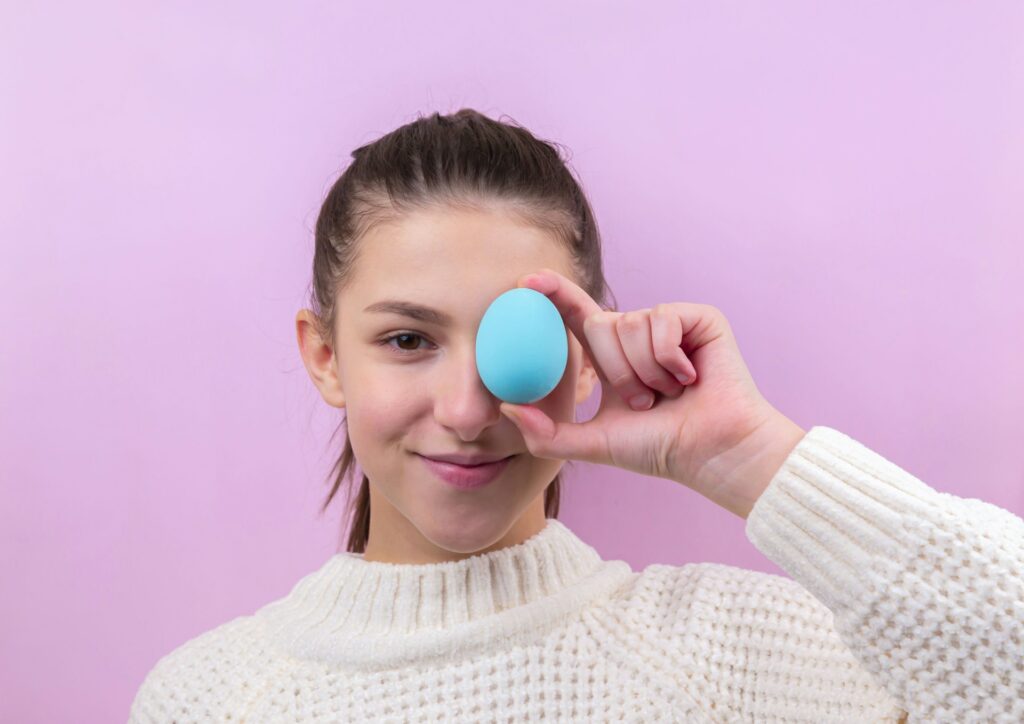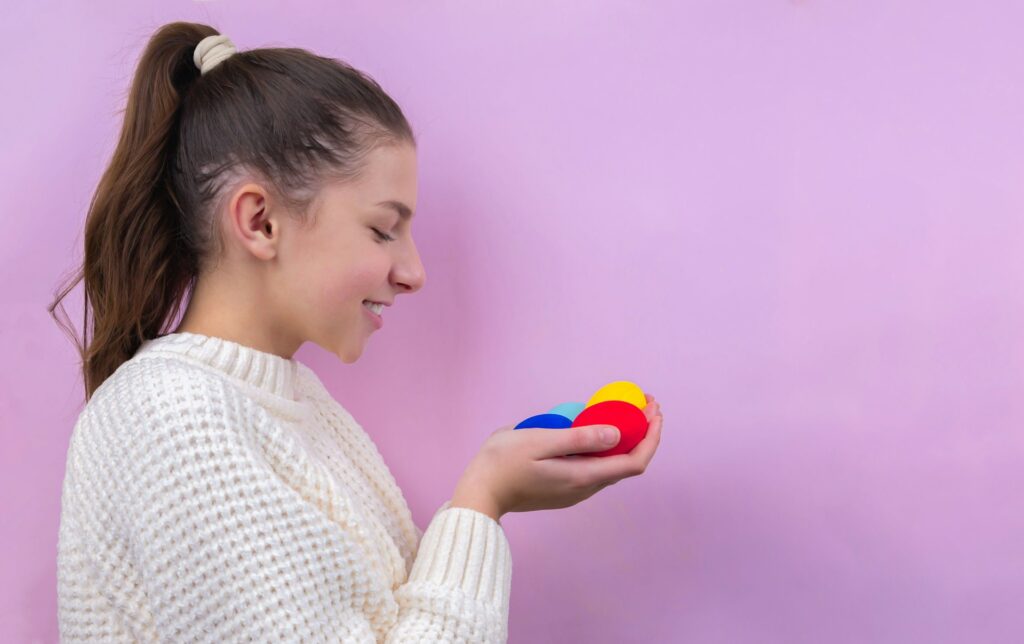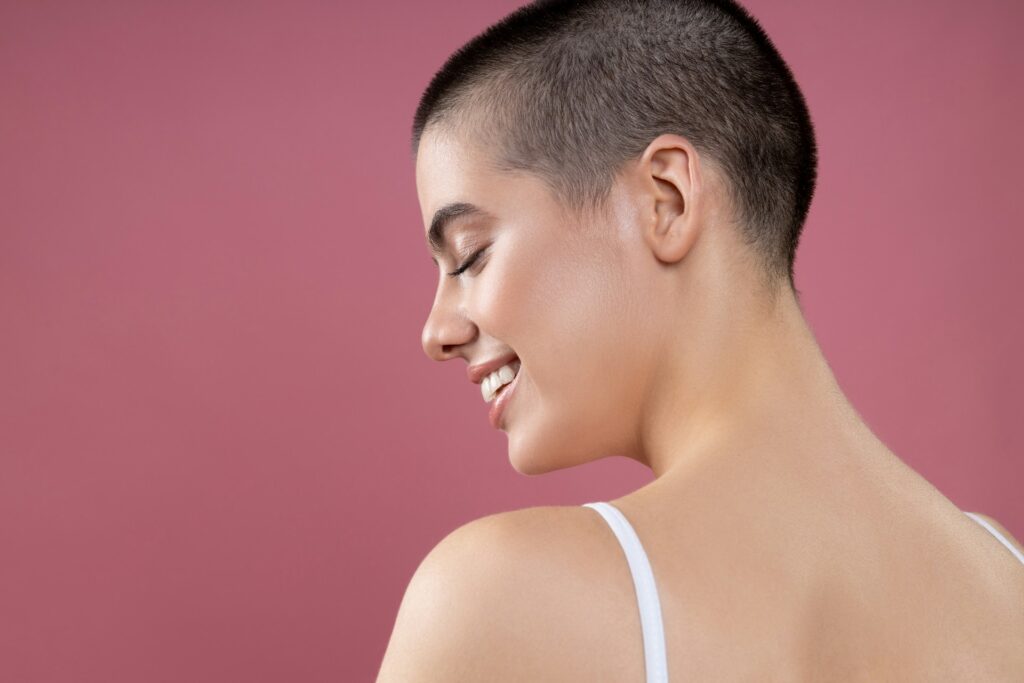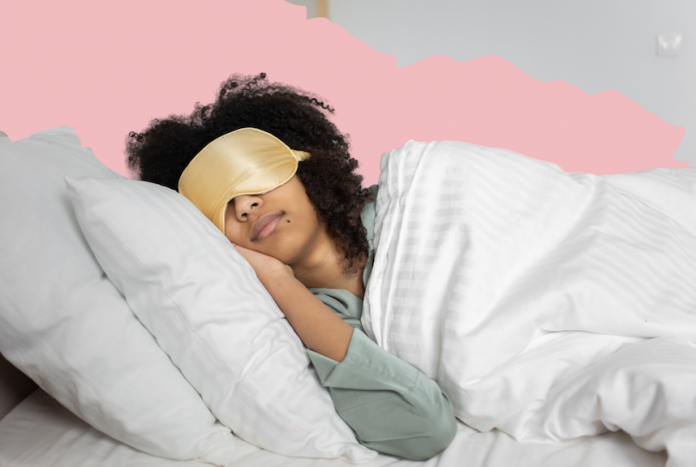In the quest for luscious, healthy hair, many of us turn to an array of products promising miraculous results. However, the secret to vibrant, strong hair often lies in our daily habits and lifestyle choices. Here are 7 lifestyle changes that could help you achieve healthier hair.
Nourish From Within
Healthy hair starts with a balanced diet. Your hair needs a variety of nutrients to grow and stay strong. Here are some key nutrients and their sources:
- Protein: Hair is primarily made of protein, so it’s essential to consume enough. Include lean meats, fish, eggs, beans, and legumes in your diet.
- Iron: Iron deficiency can lead to hair loss. Good sources include red meat, spinach, lentils, and fortified cereals.
- Vitamin A: This vitamin helps produce sebum, which keeps your scalp moisturised. Carrots, sweet potatoes, and kale are rich in vitamin A.
- Vitamin C: Essential for collagen production and helps with iron absorption. Citrus fruits, kiwis, strawberries, and bell peppers are excellent sources.
- Vitamin D: Low levels of vitamin D are linked to hair loss. Sun exposure, fatty fish, and fortified foods can help maintain adequate levels.
- Vitamin E: Acts as an antioxidant and helps protect hair from damage. Nuts, seeds, and spinach are good sources.
- Omega-3 Fatty Acids: These fats nourish the hair and support thickening. Include fatty fish like salmon, flaxseeds, and walnuts in your diet.

Stay Hydrated
Just as drinking enough water is vital for glowing skin, so hydration is key to maintaining healthy hair. Water helps transport essential nutrients to your hair follicles, promoting growth and strength. Aim to drink at least 8 glasses of water a day. Dehydration can lead to dry, brittle hair and a flaky scalp. Herbal teas and water-rich fruits like cucumbers and watermelons can also contribute to your hydration goals. Additionally, consider using a humidifier in dry environments to maintain moisture levels in your hair and scalp.

Regular Exercise
Exercise boosts blood circulation, which in turn helps deliver more oxygen and nutrients to your scalp. This can stimulate hair growth and improve the overall health of your hair. Aim for at least 30 minutes of moderate exercise, such as brisk walking, cycling, or yoga, most days of the week. Exercise also helps reduce stress, which can be a significant factor in hair loss. Activities like yoga and pilates not only improve circulation but also promote relaxation and stress relief.
Manage Stress Effectively
Stress can wreak havoc on your hair, leading to issues like hair thinning and loss. Incorporate stress-reducing activities into your routine, such as meditation, deep-breathing exercises, or hobbies you enjoy. Chronic stress can push hair follicles into a resting phase, leading to hair loss.
Ensuring you get enough restorative sleep is also crucial, as your body repairs and regenerates cells, including hair cells, during rest. Aim for 7-9 hours of quality sleep per night. Practices like mindfulness and journaling can also help manage stress levels.
From cold showers to fake smiling, check out our guide on some surprising ways to relieve stress for more on that!

A More Gentle Hair Care Routine
How you treat your hair daily can significantly impact its health. Use a gentle shampoo and conditioner suited to your hair type, and avoid washing your hair too frequently, as this can strip it of natural oils. When drying your hair, pat it gently with a towel instead of rubbing it vigorously. Consider using a wide-toothed comb to detangle wet hair, as it is more prone to breakage. Additionally, avoid tight hairstyles that can pull on the hair and cause breakage. Opt for loose styles and use hair ties that are gentle on your hair.
Investing in a hair thickener for men and women can also be beneficial, especially if you are experiencing thinning hair. Hair thickeners can add volume and make your hair appear fuller, giving it a healthier look. Choose products that are free from harsh chemicals and are designed to nourish and protect your hair.
Limit Heat & Chemical Treatments
Excessive use of heat styling tools and chemical treatments can damage your hair, making it brittle and prone to breakage. Try to limit the use of hairdryers, straighteners, and curling irons. When you do use them, apply a heat protectant spray.
Opt for natural hair treatments and avoid harsh chemical dyes and relaxers whenever possible. If you must use chemical treatments, ensure they are done by a professional and follow up with deep conditioning treatments to restore moisture and strength to your hair.

Regular Trims
Regular trims can help keep your hair healthy by removing split ends and preventing further damage. Aim to trim your hair every 6-8 weeks. This doesn’t mean you have to lose a lot of length; even a small trim can make a big difference in the health and appearance of your hair. Trimming helps prevent split ends from travelling up the hair shaft, which can lead to more significant breakage and damage. Regular trims also help maintain the shape and style of your hair, making it look fuller and healthier.
The Bottom Line
Achieving healthier hair is not just about the products you use but also about the lifestyle choices you make. By nourishing your body with the right foods, staying hydrated, exercising, managing stress, adopting a gentle hair care routine, limiting heat and chemical treatments, and getting regular trims, you can encourage your hair to be its healthiest. Remember, consistency is key, and the results will be worth the effort.





